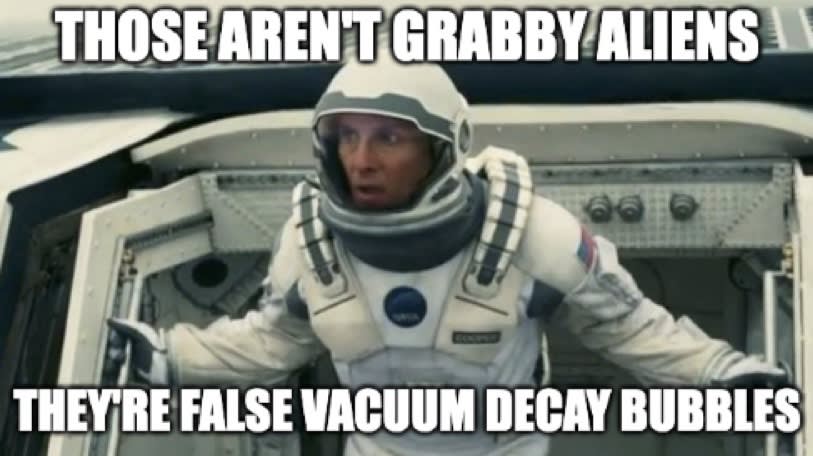This was a project carried out during the COVID-19 pandemic. It is no longer active.
---
Call To Action (CTA)
[UPDATE]
We have created the FoodSystemsHandbook and are looking forward to the launch event. Volunteers helping out with organising (and content) are still very welcome. We will bring you up to date quickly. Email at team@ALLFED.info .
[/UPDATE]
COVID-19 has precipitated an emerging food crisis that is unprecedented in the last 75 years. We’ve earlier described the crisis and made the case for action on this front, a situation the WFP has described as potentially leading to “famines of biblical proportions”. A combination of supply line disruptions, labour and movement restrictions leading to shortfalls, rapidly growing locust swarms, and many other factors are causing this crisis.
Together with the team behind the successful Coronavirus Tech Handbook, we’re designing a Food System Handbook to help compile available resources to tackle the emerging food crisis. This handbook will be a living document that can keep governments and community leaders informed in real time of threats to their food systems and about how to mitigate those threats.
The success of this handbook will be driven by voluntary contributions, and we welcome the EA community’s insights from projects like AMF, GiveWell or Fortify Health as well as the expertise in modelling and data analysis to name some areas. Additionally, we could use support from volunteers (see last paragraphs). To facilitate these contributions, we are holding a virtual launch event from June 11-13. We’re looking for people across private industry, academia, NGOs, government and multilaterals for a real wide range of solutions.
We are aware that this partially overlaps with EAGxVirtual 2020, but full attendance of our event is not necessary. We’d be incredibly appreciative if you could donate just a few hours over these three days to share your expertise.
There will be specific time slots for different regions around the world over the course of the 3 days. To participate, please register for the Food Systems Handbook launch event, where we will keep you informed.
We are thankful to be joined by people from DIFID (the UK's department for International Development), the UNFCCC (United Nations Framework Convention on Climate Change), Bayer, the V20 group (Vulnerable Twenty), the University of Oxford, the FAO (Food and Agricultural Organisation of the UN) and MCII (Munich Climate Insurance Initiative), with many more to come.
We are looking for a few more volunteers who can support us with organizing content in the document. For people interested in contributing this way we have organized a training call on 1st June [6pm UK (GMT+1), 1pm NewYork (EDT) and 10am California (PDT)]. For volunteering write us a quick message at team@ALLFED.info with your timezone and rough availability over the 3 day period.
We’d also be incredibly appreciative if you could share this (with your colleagues, charitable social media groups, food security groups, etc.).




We have screenshots of doctors asking one another to learn how to split ventilator feeds, make more effective PPE and PPE being delivered using connections from the handbook.